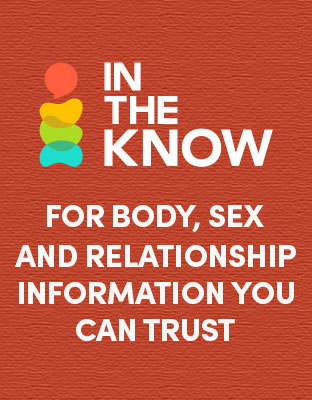Human Papillomavirus (HPV) Vaccination
What is human papillomavirus (HPV)?
HPV is a virus that can cause genital warts and some types of cancer including cervical cancer (cancer of the neck of the uterus). There are more than 100 types of HPV - about 40 of them can affect the genitals which includes the penis, vulva, vagina and cervix and anus.
In most cases, HPV infections are cleared naturally by the body within 2 years. However, in some cases the HPV is not cleared and stays on in the body and can lead to the development of certain cancers.
How do you get HPV?
Almost all HPV is spread by skin to skin contact during sexual activity. Most people get HPV around the time they first start to have sex. Because HPV is spread by skin-to-skin contact, condoms are not completely effective against HPV.
How common is HPV?
HPV is very common. It is estimated that up to 80% of people in Australia have HPV at some time in their lives. Many people who have HPV have no idea that they have been exposed to the infection.
Genital warts were most common in people aged 18-28 years but since the introduction of the HPV vaccination program in Australia in 2007, they have become rare in young people.
The new national cervical screening program tests women aged 25 to 74 for the HPV infection every 5 years. The test is looking for the 15 high risk HPV types which could develop into cancer in the future.
How can I protect myself from HPV?
The best way to prevent getting HPV is to be vaccinated. The vaccine called Gardasil was licensed in 2006 which was effective against HPV 4 types. In 2018 a new vaccine effective against 9 HPV types , Gardasil 9, was introduced. This vaccine protects against the HPV types that cause genital warts as well as most cervical and other HPV-related cancers.
The vaccine is safe and well tolerated and it is given to all 12 or 13 year olds in the school-based vaccination program. The most common side-effects are pain, redness and swelling at the injection site.
Does the HPV vaccination protect against cancer?
Gardasil 9 vaccination protects against the 7 most common high-risk HPV types. These high-risk HPV types are found in about 90% of cervical cancers in women and 90% of HPVrelated cancers in men. High-risk HPV types are also found in over 90% of anal cancers and HPV vaccination may help protect against anal cancer. Anal cancer can affect anybody, but is more common in men and women who practise anal sex. Vaccination can also protect against the low-risk HPV 6 and 11 types which are found in genital warts in about 95% of cases.
The vaccine does not help clear the infection if you already have HPV. Vaccination also doesn’t prevent infection from all HPV types. It is important for women to continue regular cervical screening tests to reduce the risk of cervical cancer.
Does vaccination mean no more Cervical Screening Tests?
No. Women, whether they have been vaccinated or not, should continue to take part in the National Cervical Screening Program and have their regular Cervical Screening Tests at the recommended screening times. Even though the vaccine protects against the most common high-risk HPV types which cause cervical cancer, it doesn’t cover all the types of HPV.
Who should get vaccinated for HPV?
The vaccine is most effective when it is given to people before their first sexual experience. The Australian Government has funded a National Immunisation Program to vaccinate 12-13-year olds through the school-based vaccination program. If you, or your child, miss a vaccination dose from the school-based program you should check with their GP or nurse about getting the missed dose.
The vaccine is also safe to give to people who are already having sex. If you are sexually active person and have not yet been exposed to the types of HPV covered by the vaccine then the vaccine will be fully effective. However, it is likely that most people who are already sexually active will have been exposed to at least one type of HPV, so it won’t protect you for that specific HPV type.
What if I missed out on the school vaccination program for HPV?
If you have not received a vaccination in the National Immunisation Program, then ask your doctor or nurse about being vaccinated. Gardasil 9 is licensed in Australia for women aged 9-45 and for men aged 9-26.
For more information
Family Planning NSW Talkline - www.fpnsw.org.au/talkline or 1300 658 886
National Relay Service (for deaf people) - 13 36 77
TIS National Interpreting Service - 131 450
Visit your nearest Family Planning NSW clinic - www.fpnsw.org.au/clinics
Australian Government Department of Health website for information on school-based human papillomavirus (HPV) vaccination for children aged 12 to 13 years - www.health.gov.au/news/school-based-human-papillomavirus-hpv-vaccination-for-children-aged-12-to-13-years




